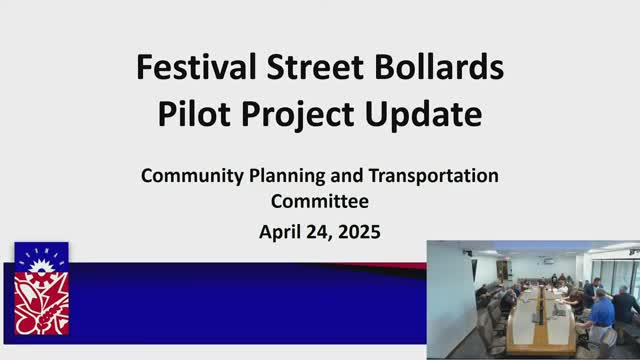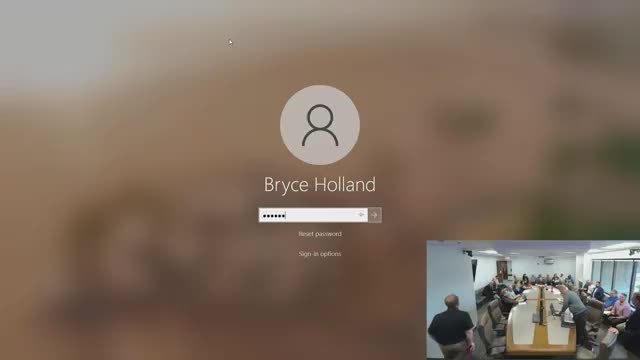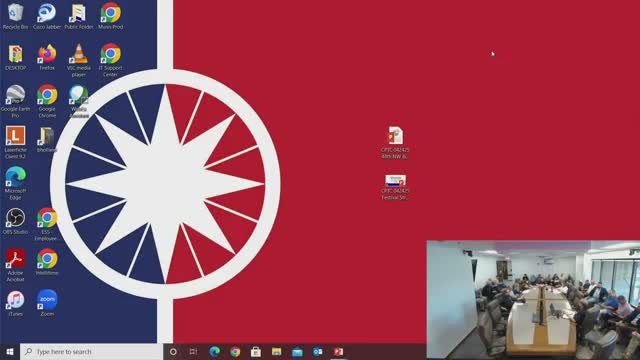Article not found
This article is no longer available. But don't worry—we've gathered other articles that discuss the same topic.

City staff recommends mobile, traffic‑rated barriers instead of fixed bollards for Campus Corner events

Staff proposes targeted lane reductions, multimodal paths for two 2019 bond road projects

